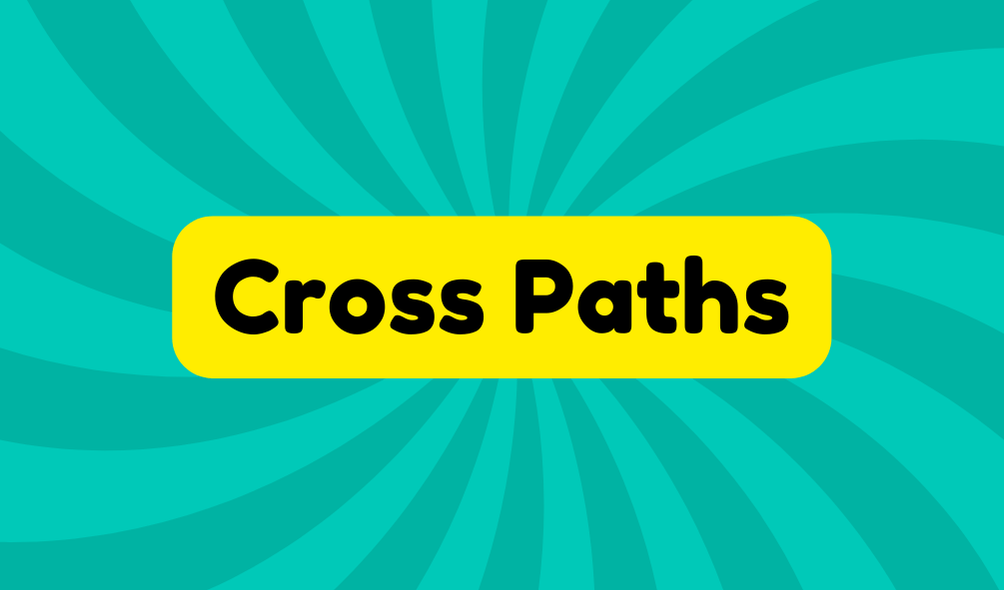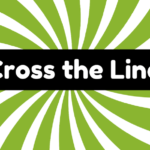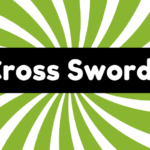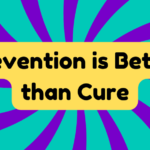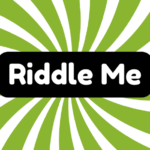When you say someone "crossed paths" with another, it means they had a chance encounter. The phrase started in the early 17th century, originally implying an obstruction. Over time, it evolved to represent unexpected meetings that can influence our lives. For example, you might bump into an old friend unexpectedly, sparking a meaningful conversation. Today, this expression highlights the spontaneity of human connections, reminding us of the importance of embracing these moments. It still holds cultural relevance, suggesting that you never know what might come from a brief interaction, and you might find further insights by exploring this idea.
Synonyms
When you cross paths with someone unexpectedly, you might also say you run into them or bump into them. These phrases capture that spontaneous thrill—though they can sometimes feel clichéd. Think about the power of language; finding the right synonym can elevate your everyday encounters. Here are some alternatives to explore:
- Stumble upon: Suggests a pleasant surprise, much like serendipitous encounters.
- Run across: Carries the same unexpected flair, perfect for informal chats.
- Chance upon: Adds a touch of whimsy, ideal for unexpected meetings.
While these synonyms might seem interchangeable, each carries its nuance, shaping how you express those delightful surprises in life. Choosing wisely enhances your language, making your encounters not just accidental but truly memorable.
Example of Sentences
Finding the right context can make all the difference in expressing your encounters with others, especially those unexpected moments. Here are some sentences to illustrate the idea of crossing paths:
- "You won't believe the unexpected encounter I had today!"
- "It was just a chance meeting, yet it felt significant."
- "After our last interaction, I hope we don't cross paths again."
These examples show how crossing paths can express various emotions, from excitement to apprehension. However, remember that such unexpected encounters can sometimes feel fleeting or superficial. While chance meetings can spark joy, they also remind us that connections may not always last. So, consider how you reflect on those moments—are they enriching or merely coincidental? Understanding this distinction can enhance your interactions in the future.
Origin
The phrase "cross paths" has an interesting history that sheds light on its current meaning. Originating in the early seventeenth century, the term initially indicated obstructing someone, emphasizing a more confrontational interaction. Over time, its usage has evolved dramatically to signify unexpected encounters, highlighting its cultural significance in today's society.
Here's a look at its historical evolution:
| Period | Original Meaning | Current Usage |
|---|---|---|
| 1600s | Thwarting an individual | Happening upon someone |
| 1700s | Encountering an obstacle | Casual chance meeting |
| 1800s | Interference | Unplanned interaction |
| 1900s-present | Blockage | Light-hearted encounters |
This transformation in meaning reflects broader shifts in language and social interactions, reminding us how words can adapt meaning over time.
Collocations
Collocations with the phrase "cross paths" enhance its meaning by providing context in various situations. You might find it useful to pair it with terms that capture the essence of unexpected meetings and chance encounters. Consider these examples:
- "Destiny makes our paths cross."
- "We often cross paths during chance encounters."
- "Sometimes, strangers cross paths in unexpected ways."
Using these collocations can deepen your understanding of how serendipitous meetings shape our lives. It's intriguing how a simple phrase reflects the warmth of impromptu connections, but let's not forget: while these encounters can spark joy or curiosity, they might also lead to complications or misunderstandings. So, embrace the moments but stay grounded in the reality of unforeseen interactions.
How to Use in Everyday Language
When you're chatting with friends or acquaintances, incorporating the phrase "cross paths" can add a lighthearted touch to your stories. It's a great way to describe casual encounters or those unexpected meetings that often lead to interesting stories. For instance, you might say, "I just crossed paths with Jamie at the coffee shop!" This expression captures the spontaneity and charm of life's little surprises. However, be careful not to overuse it; relying too much on idiomatic phrases can dilute their impact. Use "cross paths" sparingly for those memorable moments. In casual conversations, it's an invigorating way to invite others to share their own serendipitous encounters, keeping the dialogue engaging and relatable.
Why Is It Still Relevant Today?
Incorporating "cross paths" into your conversations not only adds flair but also highlights the spontaneity of human connections in today's fast-paced world. While some might dismiss it as an old-fashioned idiom, its cultural significance remains strong. People frequently encounter others unexpectedly, making this phrase relevant in our unpredictable lives. In modern usage, saying you "crossed paths" emphasizes not just the event but the potential for new relationships, ideas, or collaborations. As we navigate an increasingly digital landscape, the value of human interaction can't be overstated. Using this phrase helps ground conversations in shared experiences, reminding us of those fleeting moments that connect us all, ultimately challenging you to embrace life's serendipities.

